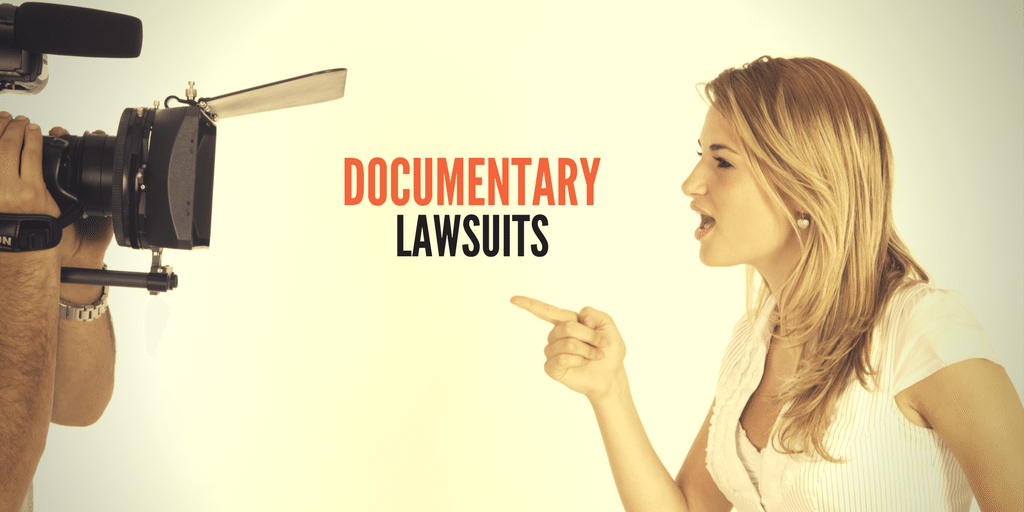 Documentary Lawsuits: Non-Fiction in Court
Documentary Lawsuits: Non-Fiction in Court
The Queen of Versailles documentary may have been a hit at the Sundance Film Festival, but it wasn’t so popular with the film’s subject. The documentary chronicles a wealthy family whose empire toppled when the economy flatlined.
Frank Evans, the real estate mogul whom the documentary profiles, claimed that his reputation was tarnished. Instead of a wealthy family who loses everything, Evans thought of his narrative as a “rags to riches” story.
The documentary’s marketing campaign took an opposite approach.
Defamation is a real concern, especially with documentary films. Though based in fact, your audience will crave a perspective, which means having an opinion. And those opinions can entangle your project in a film lawsuit.
This case, and similar ones, show how easily documentary lawsuits can happen. Luckily, there are measures you can take to protect your project and achieve commercial, critical, and personal success upon distribution.
Legal Review of Clearance Procedures for documentary films.
Documentary filmmakers generally pride themselves on cinema verite/fly-on-the-wall style production. The only thing resembling a script may be the narration drafts, so a script clearance report isn’t always the best approach. Outlines, ideas, and video snippets are an integral wireframe of documentary film production, however, and the finished film itself presents the best opportunity to ensure your project is as air tight as possible.
A Legal Review of Clearance Procedures breaks down your entire film or series, along with all accompanying legal documents, to identify any elements that could cause lawsuits. This measure is especially important for documentary films, as these pictures commonly feature…
- Business names.
- Character names.
- Product names.
- Defamatory references.
- Racial slurs.
- Film clips.
- Identifiable personalities.
All of these items and more put your documentary film at risk. Click here for protection legal review of your project.
Defamation is a principal concern.
As the Queen of Versailles documentary lawsuit makes clear: defamation is a true concern. This is especially pertinent in the non-fiction realm, as there are no actors playing parts.
Your subject will see your documentary film as a representation of his or her actual life, and that fact alone makes for a slippery slope. Defamation lawsuits happen when people feel as if their reputation or emotional state is forever altered.
Contractual agreements are a good starting point; however, there still might be a few cracks that allow for a defamation lawsuit.
To satisfy your E & O insurance carrier and protect your documentary film project, make it a point to acquire legal review of your clearance procedures, so that you protect yourself in case a featured person in your documentary finds a legal claim.
Acquire solid E & O insurance.
If there is a willing lawyer, there can be a lawsuit—one you’ll have to respond to despite the merit or lack thereof. This is where your E & O insurance comes into play.
tDocumentary film is subject to intense legal scrutiny, and your E & O insurance carrier can provide a firewall of defense. In the event of a lawsuit your legal fees will be covered.
However, your E & O insurance won’t provide coverage simply because you signed up. Most reputable carriers will require legal clearance to ensure they’re making a profitable decision.

